Jill at the BMA
North Avenue Mission, a short walk east of Bolton Hill in Station North, calls itself a fellowship – of the unhoused and formerly unhoused; people who are food and housing insecure; those who use drugs or are in recovery; people of faith, no faith and different faiths; some with disabilities or mental illness; and a cadre of friends, neighbors and supporters.
It is Jill Schumann’s passion now that she is mostly retired.
A hybrid mutual aid organization and worship community, North Ave Mission wasn’t brought to the community. “It is grassroots, faith-expansive effort that sprung up from the community,” she says, “focused on supporting each other, reducing harm, meeting needs, and becoming leaders who turn the world upside down so that it’s right side up.”
There’s the Wednesday free market, Thursday Family Life gatherings at the YNot Lot and spontaneous encounters in or around St. Mark’s Church. Each brings together people from a nearby elder and disabled low-income building, people who work in street economies along North Avenue, like squeegeeing or panhandling, other neighbors from the community, and a wide range of volunteers.
“It’s a unique place and has been a wonderful experience, with lots of neighbors involved,” said Schumann. And it is a logical extension of how she and her husband, independently, have tied their professional lives to their faith. North Avenue Mission is a project of the Delaware-Maryland Synod, Evangelical Lutheran Church in America.
In 2001, Schumann became CEO of Lutheran Services in America, a network of more than 300 health and human service providers around the country, based in Minnesota. She and her husband, now of 37 years, had been living in Gettysburg, PA, when she was hired by that organization.
She moved to St. Paul, MN and within a year she and the organization relocated to Baltimore. In 2002 she wound up buying an apartment in the Nightingale building in the 1400 block of Park Avenue, which once housed nurses at the hospital for women nearby. She traveled often from BWI and took the MARC train to DC regularly. On weekends, she drove home to Gettysburg, her garden and her husband, The Rev. Dr. Mark Oldenburg, who taught for 32 years, until his recent retirement, at Gettysburg Lutheran Seminary.
When she left Lutheran Services, she organized and led as CEO a Maryland chapter for another non-profit organization, Leading Age, a consortium of providers of services to the aging. For two decades she and her husband mostly lived apart, connecting on weekends and holidays.
“I’ve loved my Bolton Hill apartment and my neighbors there, but it’s only now that I am beginning to feel really connected to the neighborhood,” said Schumann. In retirement she had expected to spend more time with her husband, traveling, and getting to know Baltimore better together. The pandemic, of course, has made Baltimore and travel mostly inaccessible.
A native of Pittsburgh, Schumann has degrees from Indiana University in Pennsylvania and Mt. St. Mary’s College on the Maryland-Pennsylvania border, with an almost-PhD from Rutgers University in New Jersey. During the pandemic she has consulted with Leading Age’s national office on public policy. “I’m not very good at retirement, but I’m getting there,” she said.
The 80-hour work-and-travel weeks have lately given way to volunteerism and the chance to slow down. At a Cape May beach house a few days ago, rain did not stop anyone from taking walks on the beach and into town, reading, playing Scrabble, and meeting friends for meals her husband cooked. That’s retirement at its best.
–Bill Hamilton
